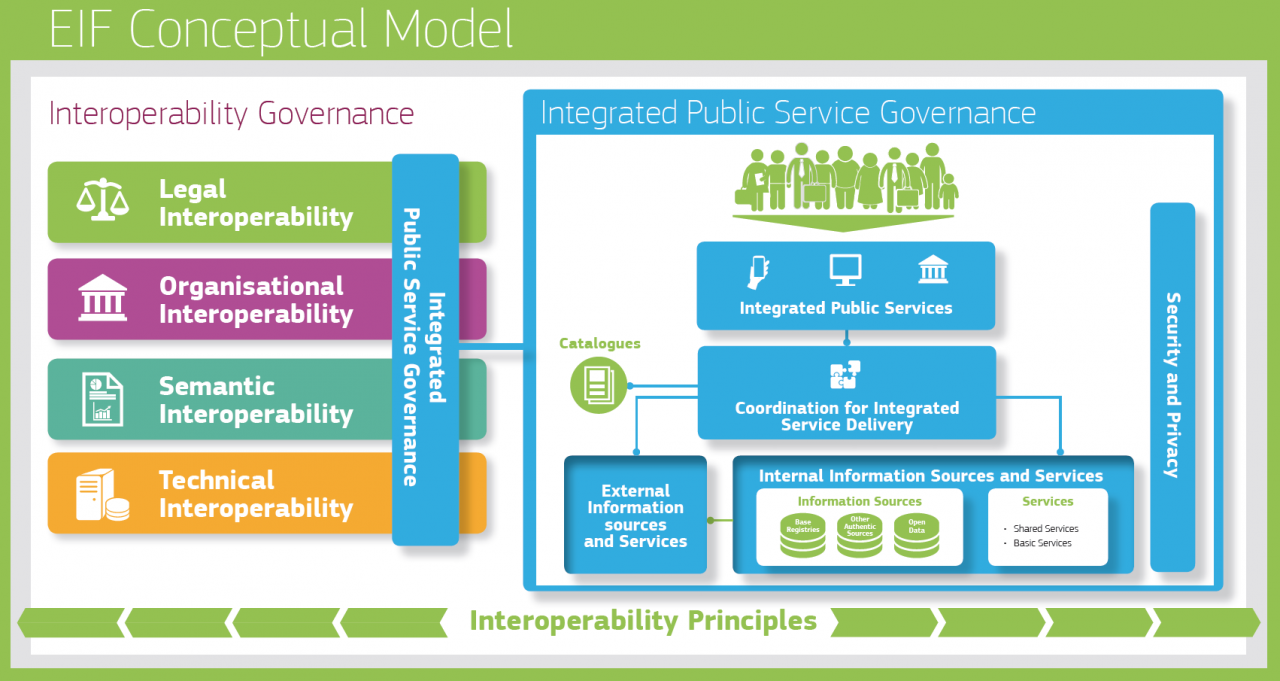
From a group of 8 hot topics that will guide the new generation of city cards, the Card4all partners selected “The way towards Digital Government” for the first project masterclass.
To overcome confinement and the difficulties to implement the project activities due to the pandemic situation, the Card4all network organized a masterclass on the 20th of May for the wide community of the project.
During the weekly project meetings, the guidelines for the masterclass was defined, in points such as the audience (open to all members of ULGs, IT and non IT), the duration (maximum of 2 hours), number of participants (maximum of 30), the content and speaker profile.
The expected most challenging task was the selection of the speaker, however, it was very easy after getting in contact with Dr. Angelos Liapis that designed a 2 parts structure for the masterclass in line with the Card4all partners expectations:
- Part 1: High-level architecture of a fully integrated Public Service Governance Infrastructure
- Part 2: Data sharing, security (e.g. blockchain supported smart cards), privacy and trust on both levels (organizational and user)
After opening the registration, it was fast to reach the maximum number of participants, with 39 participants registered, from a wide ranges of profiles (IT experts, consultants, politicians, advisors, project mangers, etc...) and organizations. We invited also other cities and Eurocities staff in order to increase the impact of the Masterclass.
The roll-out of the masterclass started a presentation about the high-level architecture of the “Digital City of the future", moving for expanding on collaboration frameworks for Department interoperability and service integration adapting the hybrid cloud metaphor (connecting services never connected before sitting on clouds with different infrastructures). Dr. Liapis move to cover the data sharing, security (blockchain supported citizen cards), privacy and trust on both levels (organisational and user) and outlined ideas and approaches on highly scalable infrastructures to integrate future services as these are surfacing from current and future needs of citizens and governments. It closed with an approach on how to educate both ends, citizens and public authorities.
After the presentation, a dynamic and alive interaction between participants and speaker took place, with room for questions and discussions and mostly with material to build the masterclass take-aways.
An evident take-away for all participants was underlined by Jurmala and Clermont Ferrand teams i) Governance frameworks do not cover similar needs to those of enterprises, the architectural models must be different”, important for both cities because of the integration with the local mobility operators. Gabriela from the city of Suceava mentioned that ii) “The cooperation between employees, departments, decision makers on local, regional and national level, as well as private sector is the key for having the common ground regarding interoperability”, reinforcing the need to implement an external trust framework between citizens, businesses and the government.
The Aveiro team highlighted the fact that iii) “The digital transformation forces the reformulation of processes as well as the integration of legacy systems in order to allow operational efficiency. We need to understand what attitudes and changes are necessary to deal with the increasing quantity and complexity of applications in the municipal universe. This technological transformation requires the acquisition of skills that often exists incompletely. The Masterclass allowed to structure and facilitate the discussion, which is necessary to happen between technological and sectorial specialists”, finding common ground between engineers, politicians and administrators but also banks and the government.
To Gijon team called the attention for the following, iv) “e-services challenge is to find the right balance between trust and security” and v) “cards are just an example of deployment of a much broader concept of e-identity”.
The city of Sassari stressed the need to guarantee a fundamental principle vi) “that citizens never have to provide the same information twice, so the public administrations needs to manage in the best possible way the information that citizens upload in their database. To reach this level of integrated public service governance it is very important identifying and selecting standards and specifications based upon specific needs and requirements for every service”.
In conclusion, the masterclass make it clear that the next generation of city cards are going more digital rather than “e”-government, it must not be a separate thing on top of “usual” practices and processes but an holistic approach that understands success and failure and drive changes.
If you want to know in detail the contents of the Masterclass, check this link:
Miguel Sousa. CARD4ALL Lead Expert
